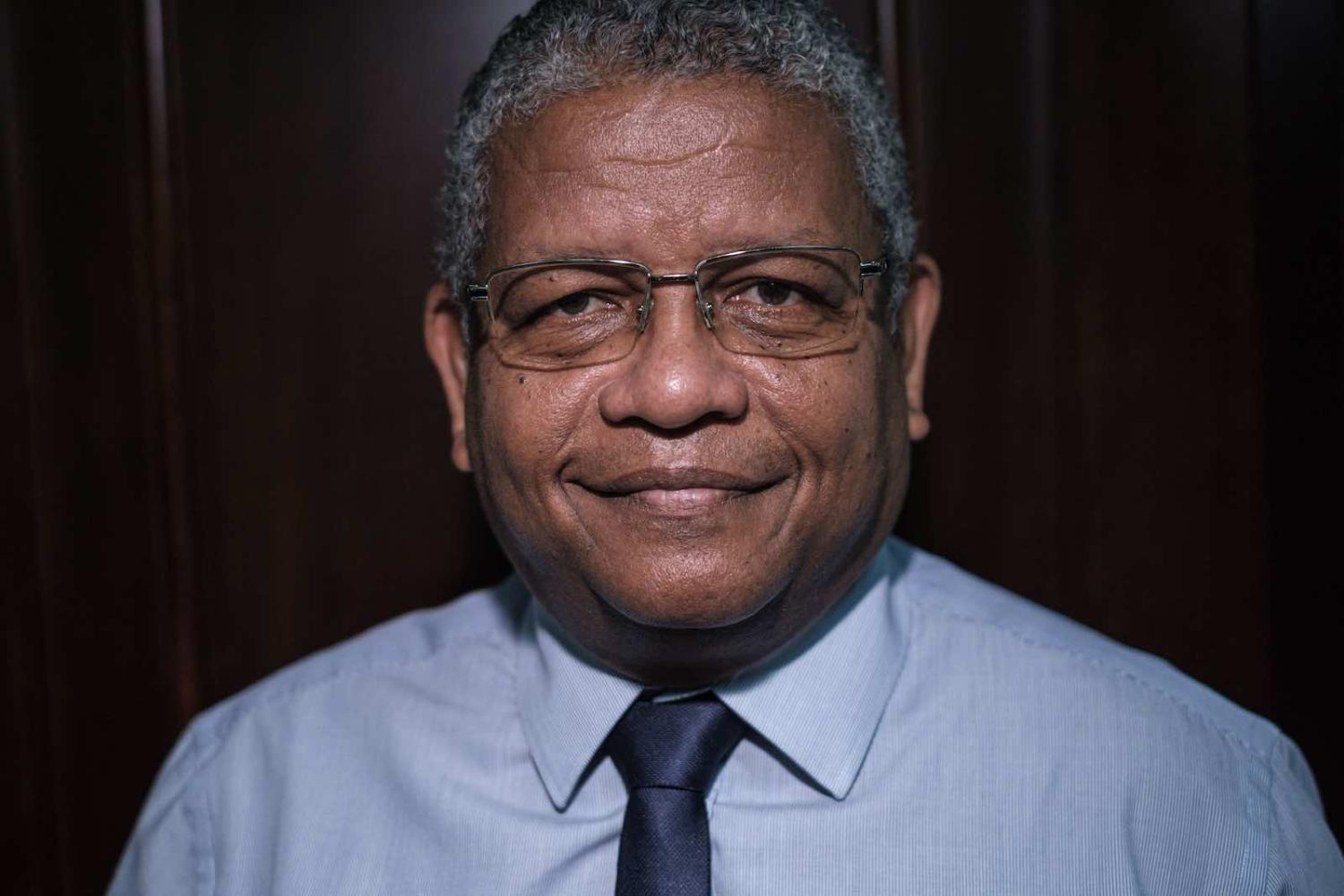The election of Wavel Ramkalawan as President of Seychelles breaks the 43-year stranglehold of the party of former dictator France-Albert René. For Australia and the West, the election result removes many old assumptions about the central Indian Ocean and presents some new risks and opportunities.
Ramkalawan has made multiple electoral attempts to oust René’s people. He is nothing if not experienced and became an open opponent of René 30 years ago, when it was still dangerous to do so. He has not had an advantaged starting point, as a Protestant in a largely Catholic country and being of Indian heritage in a land dominated by an African kreol (creole) majority and white French landowning business community.
Ramkalawan is, however, a prodigious organiser and talented schemer. He has a marked ability for making quarrelsome rivals cooperate.
And his parliamentary skills are of a high order. His masterpiece was the 2018 launch of the Truth, Reconciliation and National Unity Commission (TRNUC) under Australian lawyer Gabrielle McIntyre. Its hearings on the murders, exilings, expropriations and egoism of the René period were in part designed to trash by association the reputation of former president Danny Faure, from René’s party, but personally remote from the goings-on of René’s dictatorial period. Indeed, Faure’s main service to the old regime was fixing the economy after the 2007–08 global financial crisis.
At a strategic level, Seychelles’ various foreign suitors will need to recalibrate.
Ramkalawan’s coalition-building has been the greater in that he is not from the “old opposition” centred around onetime president James Mancham or the martyred opposition dissident Gerard Hoareau, who was murdered spectacularly in London in 1985. Ramkalawan is not the old white liberal side of Seychelles politics associated with the pre-1977 coup era. But his coalition-building means this group has voted for him. And in installing as his Vice-Presidential running mate, the highly respected economist and former civil servant Ahmed Afif, Ramkalawan has signalled he intends to hold the economy on the successful course of recent years.
Ramkalawan benefited from the TRNUC, but perhaps more critical was the impact of Covid-19. Seychelles’ tourist-heavy economy has suffered since March from collapsing European tourist arrivals as the pandemic closed down air travel and cruise ships. Unemployment has risen, accentuating the fragility of Seychelles’ isolated island economy.
Seychelles has one of Africa’s best social welfare structures, but the sudden shock to livelihoods of the Covid-19 onslaught has had a political effect. Coinciding with a mood for change, the political impact has been lethal for Faure. Ramkalawan won with 54.9% on the first ballot, with Faure on 43.5%.

Australia and the West are exposed to Ramkalawan’s ascent. Assuming Ramkalawan’s victory is uncontested by René’s hangovers in the security forces – unexpected but not entirely out of the question – the maturing of Seychelles democracy is a plus in social strategy in the region. But a new broom does not mean a clean deck.
For all his liberal democratic articulations, there are elements in Ramkalawan’s movement unhappy with Western efforts to corral Seychelles’ freewheeling offshore financial centre (OFC). Created by René and sanitised by Faure, the OFC is openly modelled on the Cayman Islands and has in recent times attracted 140,000 company registrations and a vigorous banking sector.
Concerned by money laundering and terrorist financing, the multilateral G7 offshoot Financial Action Task Force (FATF) has imposed a degree of discipline on the OFC’s wilder behaviour. Key Ramkalawan supporters oppose this and will want a retreat from Seychelles’ compliance with international standards – although Vice-President Afif can be expected to watch this like a hawk. Australia is directly involved, given AUSTRAC’s long involvement in building Seychelles countermeasures against money laundering.
At a strategic level, Seychelles’ various foreign suitors will need to recalibrate. Ramkalawan has already ruled out Faure’s moves for strategic alignment with India, scotching a deal with New Delhi for an Indian base on Seychelles’ Assumption Island near the northern entrance to the Mozambique channel. India, which had been close to René and his successors, will need to alter its assumptions about Seychelles’ security outlook, especially given persistent high-level Chinese military blandishments towards the island state.
The change in Seychelles coincides with an Australian retreat from engagement with Seychelles. Canberra, which too frequently views the Indian Ocean through a Middle East lens, has foreshadowed reducing RAN patrols in the “Middle East”, which essentially means the northern Indian Ocean. The RAN’s highly successful engagement with the Seychelles Coast Guard intercepting Taliban-origin opiates smuggling from the Gulf towards East Africa will cease. As it is, Australia has no resident embassy in Seychelles, and neither does the United States.
Ramkalawan has been internally focused for most of his career. Now he is the president, he must assume a new priority for his country’s foreign affairs and strategic engagement. Australia and its allies are not on deck.

